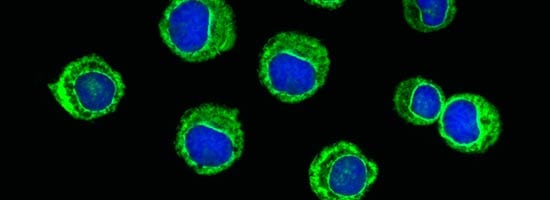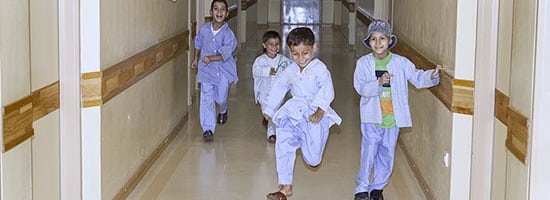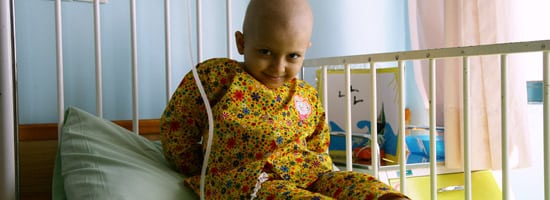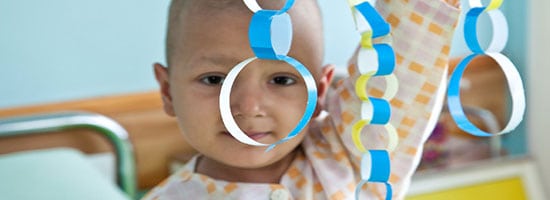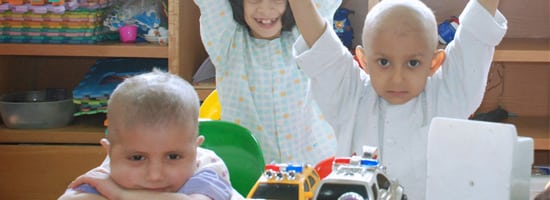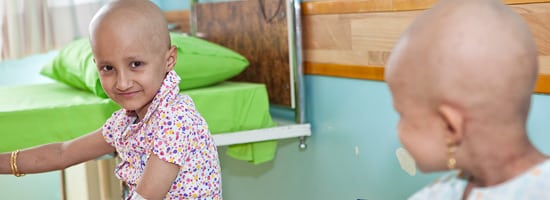Children who have cancer obviously have a lot on their plate. While getting better is understandably the first priority, it's just as important for children to find ways to keep up with their educational needs. Finding the right balance between healthcare needs and academics often involves a cooperative effort between parents, doctors, and educators. Here's what you can do to…
After Cancer: Returning to School


